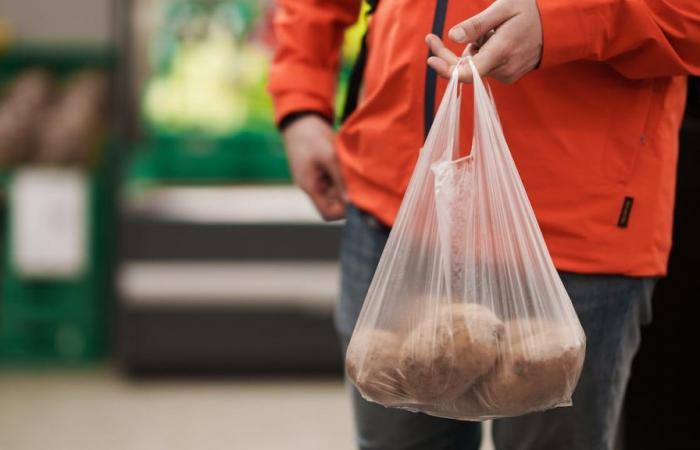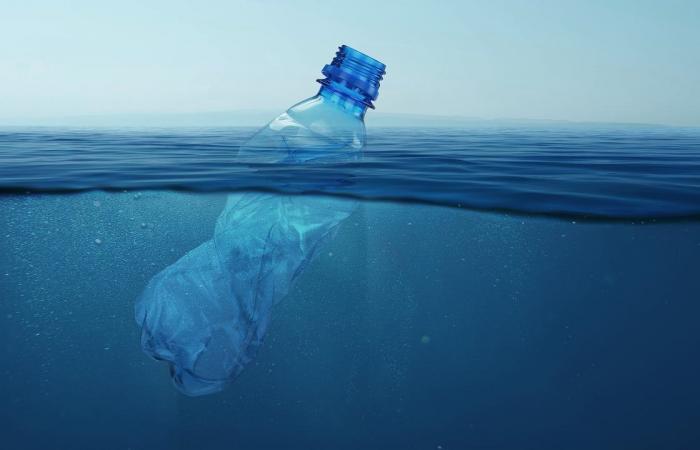When talking about climate change, we refer to long-term changes in temperatures and weather patterns, which can be natural, due to variations in solar activity or large volcanic eruptions.
But since the 19th century, Human activities have been the main driver of climate change, mainly due to the burning of fossil fuels such as coal, oil and gas.
The main greenhouse gases that cause climate change are carbon dioxide and methane. These They come from the use of gasoline to drive a car or coal to heat a building, for example. Clearing land and forests can also release carbon dioxide.
The use of plastics by humanity has also generated pollution in rivers and water sources, in fact there are studies on the pollution of the sea due to single-use plastics. There is even talk of an island of plastic waste floating in the sea, which generates harmful effects for fauna.
In this regard, countries are seeking new ways to reduce emissions and are adopting measures to achieve these objectives.
For this reason, In Colombia, a law that has to do with the prohibition of some plastics will come into force next week.
These are the items that will initially be discontinued and marketed, but it is important to keep in mind that By 2030, a total of 21 plastic products will be eliminated:
- Point of payment bags that are delivered to warehouses, stores and supermarkets.
- Bags for packaging newspapers, magazines, advertising and invoices. Also, bags used to pack clothes in laundromats.
- Rolls of empty bags in commercial areas, such as those used in fruit and vegetable stores, or supermarkets that sell bulk products.
- Drink mixers and straws.
- Plastic holders for cotton swabs.
- Plastic supports used to hold inflation pumps.
On the subject, the president of the Colombian Association of Plastic Industries (Acoplásticos), Daniel Mitchell, said: “We call on companies that manufacture plastic products and the commercial establishments that distribute or use them to carefully review the list of products, the application dates and, in particular, the exceptions and their application or support mechanisms, so that they migrate towards sustainable alternatives, such as reusable, biodegradable products or those made from recycled materials.”
And he added that: “Likewise, bags used for meat, chicken, dairy products and other foods of animal origin or for packaging goods from the family basket, which includes clothing, food, drinks and cleaning and hygiene products, are excluded.”







